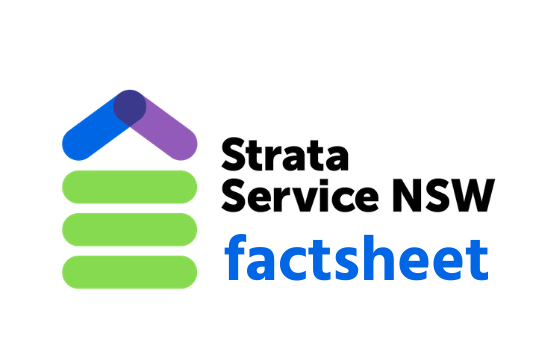This factsheet outlines the types of renovations which can be done by an owner of a lot in a strata scheme.
All work is subject to the by-laws of your specific strata scheme, and any requirements under the Strata Schemes Management Act 2015 (NSW) and Strata Management Regulations 2016 (NSW).
There are three main types of renovations in a strata scheme:
- Cosmetic works
- Minor renovations
- Major renovations
It is very important to follow the correct approval process before undertaking work. If a lot owner is unsure, they should always seek independent legal advice before proceeding. The owners corporation can seek removal of works and reinstatement of common property if your works are not appropriately approved.

